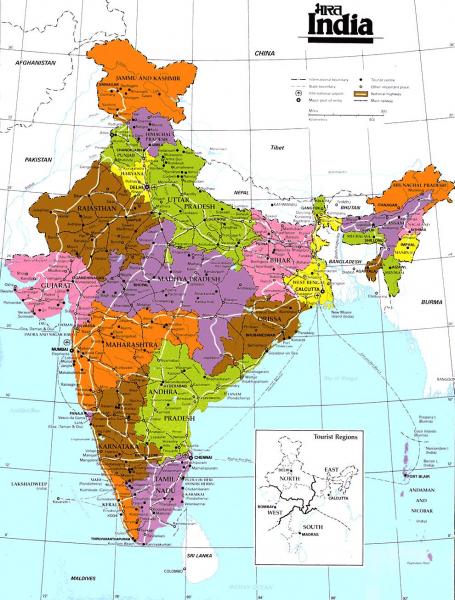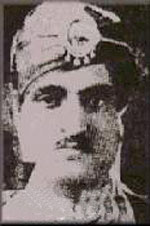F-104 Starfighter - The phenomenon of speed
Nearing the end of 1951, conventional fighters introduced into service flew at speeds of about 1 MACH, rather less. They reached supersonic speeds mostly only in dive flight or completely without weapons. Lockheed designer Clarence "Kelly" Johnson visited United States Air Force (USAF) pilots fighting in Korea to find out which aircraft would suit them. He received an unisono response from the fighters: a light aircraft, overcoming the enemy in speed, climbability, access and dexterity.



